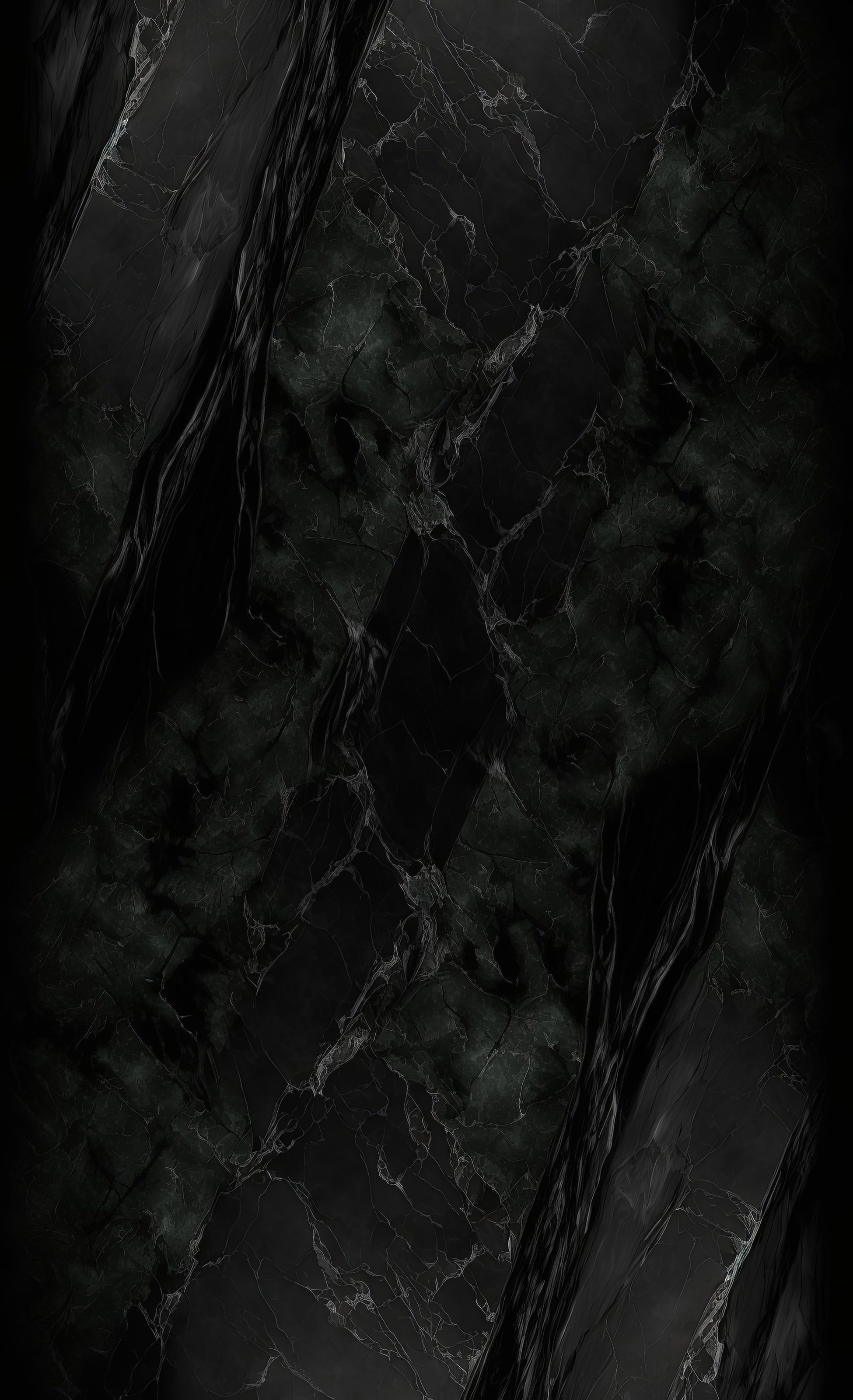
Using the Assembly Cut as the base structure to the Legacy Cut, there are two small edits made to this scene that correct two different issues I had with the film. One right after the other in the exchange between Ripley and Morse, when he approaches her and threatens her.
The first edit was just to trim out what seems to be added dialogue in Morse's monologue about all the things they don't have. A huge peeve of mine in movies is badly synced ADR, and when he's walking toward her and ranting, his lips don't match what's coming out. Interestingly, removing "no freezers" from his diatribe seems to sync it up perfectly, and in my opinion makes the tirade all the more amusing, as he now jumps right from "no surveillance" to randomly complaining of "no fucking ice cream".
The second edit is returning to the Theatrical Cut structure, in that after Morse threatens to "shove her head through the fucking wall", I've removed the Assembly Cut addition of Ripley meekly responding "sounds good to me".
I think I can see what they were aiming for here. It seems an attempt to have Ripley appear defeated and nihilistic. Perhaps if at this point she knew of her fate via the neuroscanner the line would land better, but as it stands, it always just struck me as pathetic and submissive. Every time I've ever heard the line I've winced and thought "Ripley would never say that", so it had to go.
Another edit made for continuity purposes.
During the scene where the prisoners are discussing what to do after watching Andrews be dragged to his death by the Xenomorph, they argue about who should take charge in his stead. The inmates scoff at the official chain of command, not believing Warden Aaron to be up to the task.
A few of the other prisoners ask Dillon to take on the responsibility, which he refuses out of hand. Instead Dillon defers to Ripley, citing her credentials as an officer, and pleads with her to show a little leadership. This is a great scene and the first step in Ripley adopting the role of leading these men in their shared fight, a journey that culminates wonderfully with her rousing speech in the furnace room later in the film. There's just one problem…
Four minutes later, when she's detailing the plan, Dillon asks "You want help from us Y-Chromo boys? Why should we put our ass on the line for you?"
This directly contradicts what he has just requested of her. Dillon Asks her to take charge, then when she does, he immediately questions not just her plan, the only plan any of them have come up with, but her right to task them, in any way, in the matter of their own survival.
The question, had it been asked by any other character in the movie, could have been fine. Why not have Morse ask it? Why not literally anyone except the man who just asked her to be in charge?
Now we have Dillon citing Ripley’s plan back at her ("Let me get this straight"), to confirm he understands it correctly. She confirms the plan, "right", and we cut straight to the prisoners getting to work.
While it's fantastic that we all have different tastes, I can only go by my own. One thing that grates on me quite strongly, especially by contrast in a film like this, where the tone is so bleak and heavy, is cheesy or melodramatic dialogue. A specific type of dialogue that I can handle in its own setting, but when in other films or shows stands out to me like a sore thumb. Dialogue I've come to think of as being 'Whedon-esque'.
Two lines of dialogue have been removed from the scene where Ripley asks Dillon to kill her. The first is the line "I could have been lunch". It just sounds like something pulled right out of BtVS and it always made me wince when I heard it. The scene isn't impacted in any way, Ripley still speaks of her encounter with the Xenomorph and its refusal to engage with her, just that one line was so corny it had to go.
The second line is removed just because it seems melodramatic, and it contradicts the small, intimate setting of the movie. This isn't a huge galactic war film, it's a dark, confined prison planet with a monster stalking its prey. The line "It could wipe out the whole universe" just pulls me out of the exchange. Here we have a conversation, one party asking the other to kill them to stop an evil corporation from getting the bio-weapon they want their hands on.
Wipe out Earth? Sure. Wipe out the galaxy? Erm... maybe. Wipe out the entire universe? I mean killing this Alien doesn't even clear the board. The eggs in Alien (1979) were being transported from somewhere else. The species is still out there. Ripley’s sacrifice is meaningful. It stops Weyland Yutani weaponizing the Xenomorph, almost certainly saving thousands, maybe even millions of lives. She very well may be saving the entire human race, but the universe?
These are the only two lines of dialogue I've removed. The scene plays out exactly the same. Dillon's line after refusing Ripley "As long as it's alive, Sister, you're not going to save any universe" still works well. Almost like he's condescending to her.























